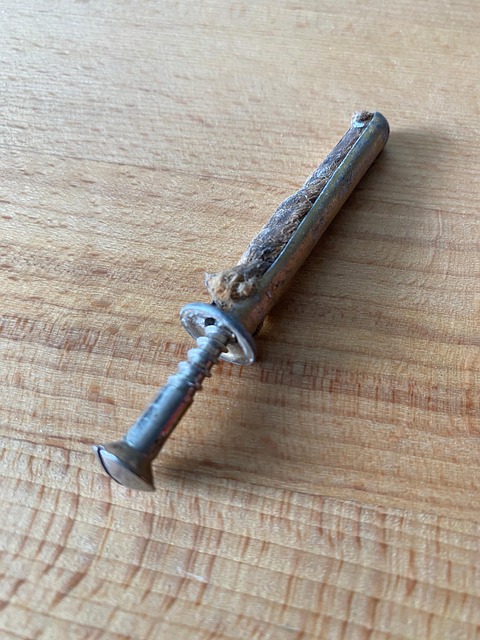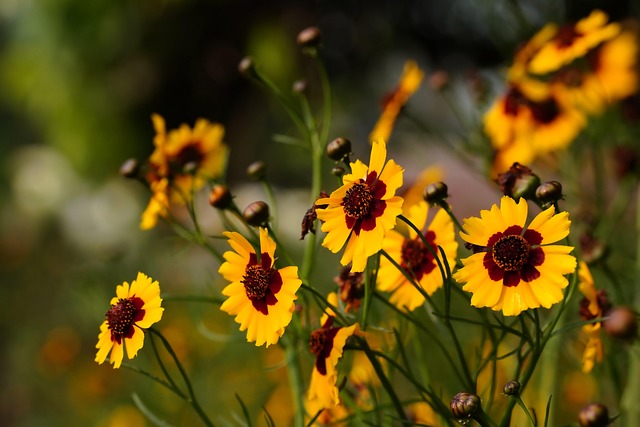Composting yard waste is an eco-friendly practice that enhances soil quality, reduces synthetic fertilizer needs, and promotes sustainable waste management. By collecting organic matter like leaves and grass clippings, preparing them properly, and maintaining a balanced decomposition process, gardeners create nutrient-rich compost that revitalizes garden beds. Recycling organic yard waste reduces landfill waste while providing a free, natural solution for enriching soil structure and fertility.
Compost creation is a garden enthusiast’s secret weapon for thriving plants and a sustainable garden. In this guide, we’ll explore how to harness the power of yard waste removal and recycling to produce nutrient-rich compost. From understanding the compost process to learning what to collect and how to prepare it, these steps will empower you to transform organic waste into a valuable asset for your garden.
- Understanding Compost: The Garden Nutrient Goldmine
- Yard Waste Removal: What to Collect and How to Prepare It
- Recycling Tips: Transforming Organic Waste into Rich Compost
Understanding Compost: The Garden Nutrient Goldmine

Compost is often hailed as a garden enthusiast’s secret weapon, serving as a nutrient-rich goldmine for thriving plant life. It’s essentially a recycling process that transforms organic yard waste—from kitchen scraps to lawn clippings—into a valuable resource. By understanding compost creation, gardeners can efficiently manage their yard waste removal while creating a natural, rich soil amendment that promotes healthy plant growth.
This organic material not only reduces the need for synthetic fertilizers but also improves soil structure and drainage. It’s a sustainable solution for recycling waste, fostering a harmonious relationship with nature, and contributing to a greener environment. Embracing compost creation is an accessible step towards eco-friendly practices in the garden, ensuring lush greenery and a vibrant outdoor space.
Yard Waste Removal: What to Collect and How to Prepare It

For garden enthusiasts, yard waste removal and recycling are essential practices for maintaining a sustainable and thriving garden. Starting with the right materials is key to successful composting. Collect organic matter such as leaves, grass clippings, vegetable scraps, and dry weeds. Avoid including non-biodegradable items like plastic, metal, or synthetic materials, which can hinder the decomposition process.
Prepare your yard waste by ensuring it’s chopped into smaller pieces. This speeds up the breakdown process. Layering different types of organic matter is also beneficial for composting. For instance, mix green materials (high in nitrogen) like grass clippings with brown materials (rich in carbon) such as dry leaves and wood chips. Maintaining a balanced ratio of greens to browns promotes efficient decomposition, turning your yard waste into nutrient-rich compost that will revitalize your garden beds.
Recycling Tips: Transforming Organic Waste into Rich Compost

Recycling organic waste from your yard is an eco-friendly practice that transforms your garden’s potential trash into a valuable resource—rich compost. Start by separating materials like grass clippings, leaves, and plant trimmings from other refuse. These organics can be collected in a dedicated bin or pile, ensuring they’re kept moist but not waterlogged.
Over time, these organic materials decompose, creating nutrient-dense compost that benefits your garden’s soil structure and fertility. This process not only reduces the amount of yard waste sent to landfills but also provides a free, natural solution for enriching your garden’s ecosystem.
Compost creation is a powerful tool for garden enthusiasts, offering a sustainable solution to yard waste removal while recycling organic matter into rich, nutrient-dense soil amendment. By understanding what materials to collect and how to prepare them, you can significantly reduce waste sent to landfills and, in turn, enhance the health and productivity of your garden. Incorporating compost into your gardening routine is an eco-friendly practice that contributes to a greener, more vibrant outdoor space.














